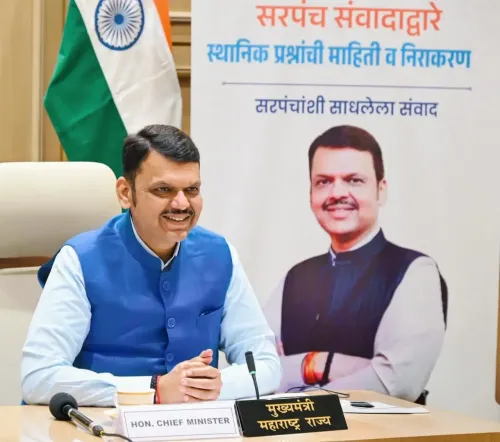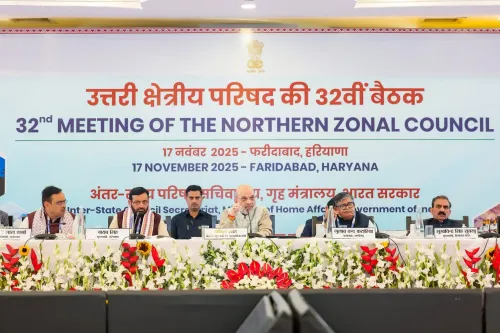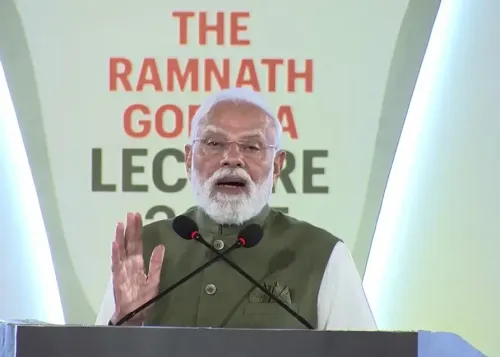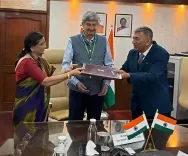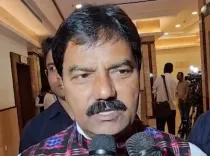Is There a Link Between the Bhopal Fake Currency Case and Foreign Networks?
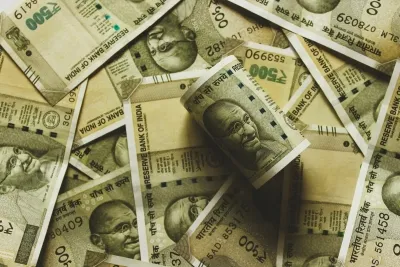
Synopsis
Key Takeaways
- Investigation expanded to multiple districts in Madhya Pradesh.
- Suspect arrested for printing fake Rs 500 notes.
- Authorities are exploring potential foreign links.
- Counterfeit notes circulated in local markets.
- Advanced printing techniques were utilized by the suspect.
Bhopal, Nov 17 (NationPress) The investigation into the recently uncovered counterfeit currency scheme in Bhopal has been extended to other districts within Madhya Pradesh due to new insights, announced Police Commissioner Harinarayanchari Mishra on Monday.
The incident emerged after the capture of 21-year-old Vivek Yadav, who is accused of producing and distributing fake Rs 500 notes from a home setup. The counterfeit currency had reportedly circulated in regions such as Vidisha, Sehore, and Raisen.
“Investigative teams are now deployed in Vidisha, Raisen, Sehore, and additional locations to collaborate with local law enforcement and revenue officials,” Mishra informed IANS.
He also mentioned that a secondary investigation is being conducted to ascertain whether Yadav had any connections to foreign networks orchestrating the distribution of fake currency in Madhya Pradesh or other parts of India.
“Up to this point, no foreign ties have been identified, yet we are keeping all possibilities open until the investigation concludes,” Mishra stated.
Initial findings indicate that Yadav had been disseminating counterfeit notes for several months while frequently relocating to avoid detection.
Authorities are also examining questionable deposits in his bank accounts.
Yadav, a Class 10 dropout apprehended from the Piplani area of Bhopal, primarily targeted small business owners, tea vendors, paan shops, and roadside eateries on the outskirts of the city where currency verification is uncommon.
Police seized a sophisticated printing setup from his home, which included a computer, printer, dyes, adhesives, special paper, and hot-stamping foil for creating high-quality counterfeit notes.
Yadav was reportedly circulating Rs 4,000-Rs 5,000 worth of fake currency each day but only used a few notes to minimize suspicion.
He often purchased low-cost items, settling payments with fake Rs 500 notes. Investigators believe he acquired advanced printing skills from online tutorials and foreign literature, even managing to replicate watermarks to enhance the authenticity of the notes.

